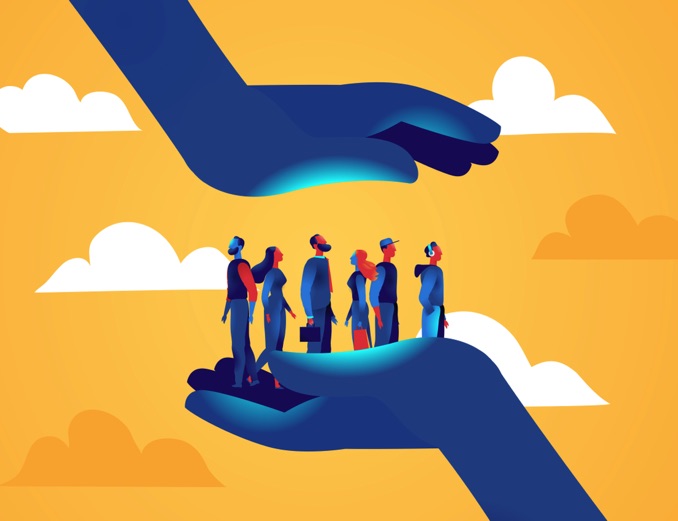Today’s eco-question: What are the criteria for social responsibility? The - Première Vision Paris - Denim Première Vision - Première Vision New York
April 2023 marks the 10th anniversary of the collapse of the Rana Plaza factory in Bangladesh. It was a wake-up call for brands to take responsibility for their partners’ social responsibility. Since then, several frameworks and regulations have been enacted to address a complex problem on a long, fragmented, and global supply chain.
What is the legislation on social responsibility?

In 2017, the Duty of Vigilance was adopted in France. This initiative is now being followed on a European scale, as the Corporate Sustainability Due Diligence Directive is being examined for future implementation.
Both aim to identify and prevent the risks of serious human and labor rights violations by formalizing appropriate measures and publishing annual reports on their implementation.
In the United States, the Uyghur Forced Labor Protection Act requires evidence to ensure that products from the Xinjiang region are not linked to forced labor. The Fashion Act, currently under consideration in the state of New York, will also involve brands’ responsibility in preventing or establishing corrective actions for their partners and subcontractors.
Read also: Smart Key: Key choices for a more responsible sourcing
The major themes at the centre of social considerations
- Health and safety – Compliance of machines and tools, ergonomics and management of physical issues caused by activities, management of exposure to hazardous substances, building safety and fire safety.
- Working conditions – Regulation of working hours, minimum rest time, and paid leave.
- Human rights – Elimination of forced labor, effective abolition of child labor, freedom of association and bargaining.
- Salary – A sufficient wage to live with dignity.
Legal minimum wages remain insufficient in many countries to live decently and are thus linked to other problems such as housing conditions, malnutrition, or health issues. Moreover, the frequent payment per piece leads many workers to work long hours to earn a minimum wage, resulting in unpaid overtime. The transition to a living wage is crucial to enabling all workers to cover rent, food, water, energy, education, transportation, clothing, health, and social protection.
- Diversity, Equity, Inclusion – Respect for gender, racial, age, disability, or sexual orientation diversity. Ensuring equal opportunities and remuneration for all. No discrimination or sexual harassment.
Through codes of conduct, audits, field visits, and industry initiatives, vigilance must be total to ensure absolute compliance with fundamental human rights and strive to go beyond the laws in force.
Transparent communication allows for a review of real actions and progress with tangible results, engaging the responsibility of companies and enabling the acquisition of sustainable social gains.
